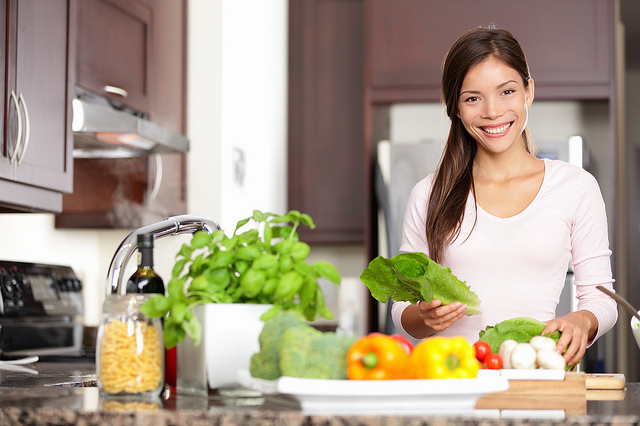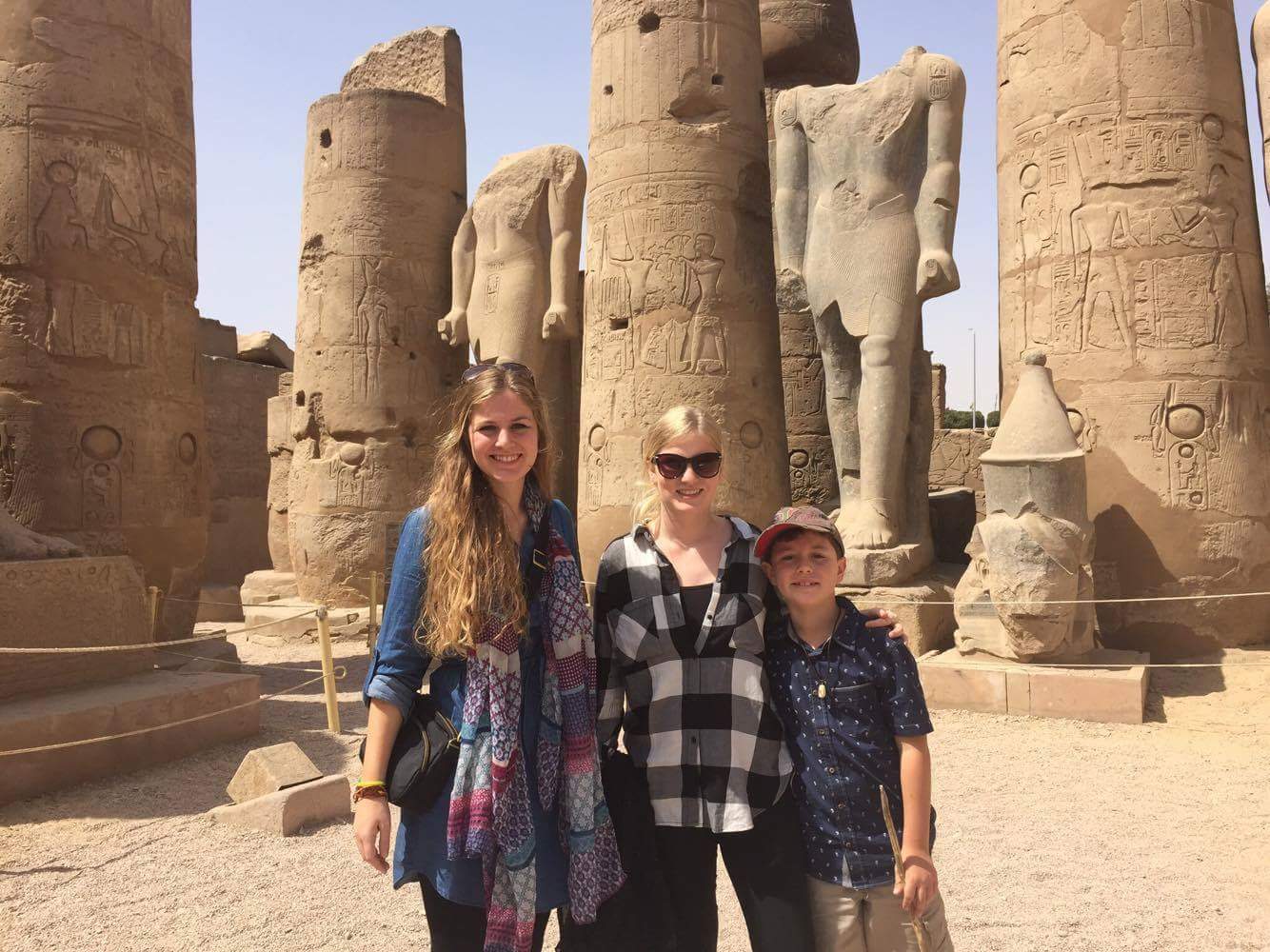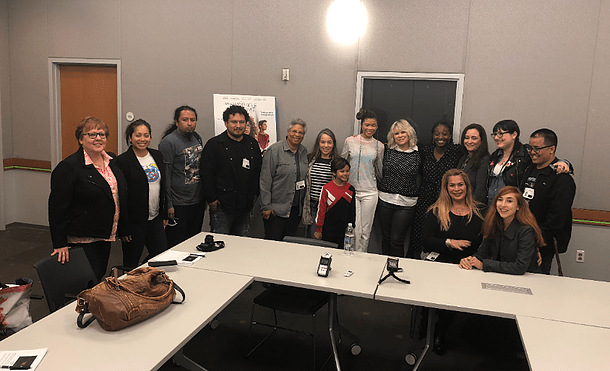
Prevention Key In Fight Against Breast Cancer – Part 2
Image courtesy of Flickr
What you are about to read are suggestions to help reduce your risk of breast cancer.
Studies have also shown a direct link between cancer risk and what we eat.
There is some research out that suggests a possible link between women who consume large amounts of red meat and processed meats and higher rates of breast cancer. I believe the threat lies not only with the meat, but in how it’s cooked. There is no question that cooking at high temperatures (whether frying, broiling or barbecuing) produces cancer-causing chemicals called heterocyclic amines. The addition of vitamin E, and fruits like blueberries to your diet inhibits the effects of these chemicals. The best seller, The China Study, has shown conclusive evidence that too much milk and milk products cause cancer! We should all eat less processed and red meat, high fat dairy, and sugary foods and eat more fruits and vegetables.
Obesity raises your risk of cancer. There is one primary reason for the obesity epidemic and that is sugar. It is a terribly addictive substance whatever name it goes by and there are many but the most common is high fructose corn syrup. Read labels it is in nearly every package we purchase. Avoid it!

Image courtesy of Flickr
Soy isoflavones are linked to decreased risk of both breast and prostate cancers.
That said, soy is a very controversial subject. Most of the soy we consume in America is genetically modified and very different from the soy grown and consumed in the Far East. My suggestion – if you eat soy, consume fermented soy products like Natto.
Fruit promotes the detoxification of carcinogens.
A substance found in fruits called D-glucarate promotes the detoxification of carcinogens as well as estrogen, thereby lowering cancer risk. Cruciferous vegetables like broccoli, brussel sprouts, and cauliflower have compounds that help prevent numerous cancers, including breast cancer. Indole-3-carbinol and DIM are the specific compounds that alter estrogen metabolism in a positive way, specifically by altering the ratio of the dangerous 16-alpha hydroxyestrone to the more protective 2-hydroxyestrone. (That is likely more detail than you want or need.)

Image courtesy of Flickr
Flaxseed also promotes healthy metabolism of estrogen as does DIM.
Dietary lignans from fruits, vegetables and grains (especially flaxseed) also promote healthy metabolism of estrogen, as well as inhibit angiogenesis (blood vessel growth that feeds the cancer), and induce self-destruction of cancer cells (apoptosis). DIM, diindolemethane, from cruciferous vegetables, raises the good estrogens, the 2-hydroxy estrogens and lowers the “bad” estrogens, the 16-hydroxy estrogens. So eat your cruciferous veggies, lightly cooked or raw is best.
If you supplement with DIM use 100 to 200 mg per day with a meal. All of the substances mentioned in this article can be bought in supplement form.
Resveratrol, found in red grapes and red wine, offers several medical benefits.
The Journal of Carcinogenesis has found that Resveratrol helps to prevent breast cancer by reducing cellular proliferation and increasing apoptosis in mammary cells. Resveratrol is a substance found in red grapes and red wine. The scientific world is very excited about this substance because, in addition to cancer prevention, it has potent anti-aging properties and protects against heart disease as well.
Organic selenium has potent anti cancerous properties.
Selenoexcell is a high selenium yeast that I recommend ( cheap too). Not all selenium is the same so stick with an organic form. Recent studies have shown that curcumin, green tea and pomegranate have anti-cancer effects. As a side note I’m a huge fan of pomegranate for it benefits to the heart and vascular system.
Taking active steps to prevent breast cancer does not completely protect you – you should also be screened regularly.
Implementing all these strategies would dramatically reduce your risk of breast cancer. Taking active steps to prevent breast cancer does not completely protect you.
Get Tested!
References:
Harvard Medical School Family Health Guide
US National Library of Medicine National Institutes of Health
0


